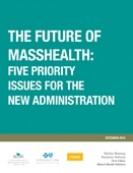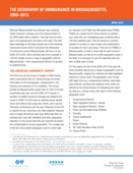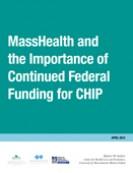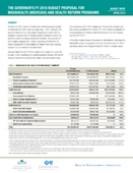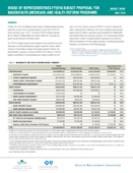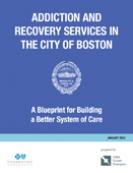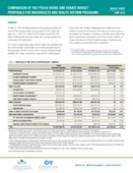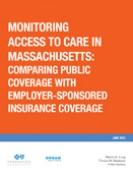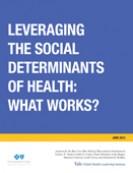The Future of MassHealth: Five Priority Issues for the New Administration
Responsible for the health care coverage of nearly two million residents and $13.7 billion in related expenditures, the future of MassHealth matters to all of us. This report, by Manatt Health Solutions, includes a series of recommendations that emerged through interviews with consumer advocates, providers, insurers, business leaders, public officials, and policy experts as priorities for the next governor.
